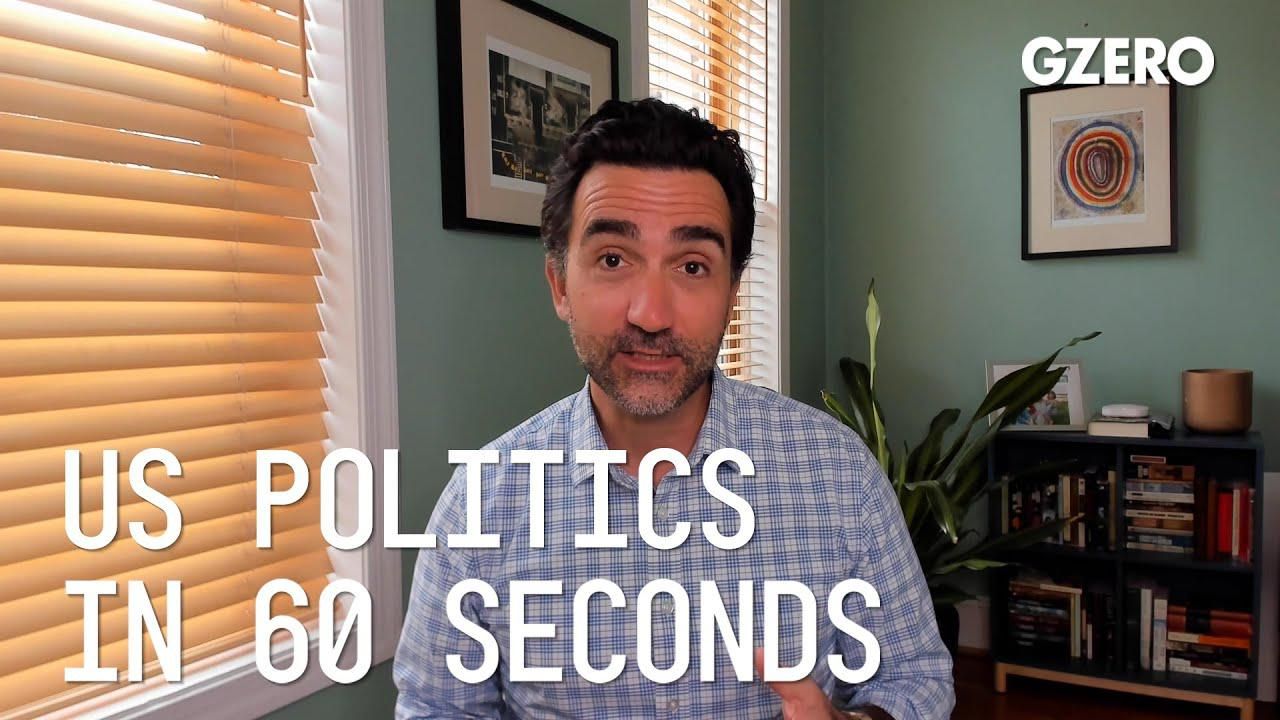
Jon Lieber, head of Eurasia Group's coverage of political and policy developments in Washington, shares his perspective on how the Russia-Ukraine war is further polarizing US politics.
How is the Russia-Ukraine war further polarizing US politics?
Well, the US has launched an all-out financial assault on Russia in response to Russia's invasion of Ukraine. And as in most things in American politics, it's had a polarizing effect.
Polling indicates Americans are mostly supportive of the strong sanctions President Biden has put in place on Russia, and Congress is likely to go even further with more aid for Ukraine and sanctions on Belarus, a Russian client state.
But the American people do not support committing troops to the effort, which is good because that option's not really on the table since an armed conflict with Russia, a nuclear-armed, near-peer military, could quickly escalate into something significantly worse.
Polls show Americans do not approve of how Biden is handling Ukraine so far, despite the very strong measures he's taken. It's not clear what alternatives he had. American sanctions before the invasion, which Republicans were pushing for, would not have been nearly as effective as the coordinated effort we've seen after the invasion, so it's worth watching if the effective diplomacy that President Biden has been a part of with allies will give him any approval boost now that's Russia's actually inside of the country.
One area where Biden's approval could suffer is the likely spike in energy prices that will come with Russian sanctions. The administration is going to make a reserve release from the Strategic Petroleum Reserve, but that may not be enough to keep oil prices down. They've already spiked over the last year with inflations, and Republicans are eagerly blaming President Biden for that energy spike. Oil prices are the single most important and visible price in the economy, so when inflation happens that's an area that's a real vulnerability for the person who holds the White House.
- Biden takes aim at Putin - GZERO Media ›
- Ukraine: Biggest foreign policy test for the Biden administration ... ›
- US presidents' midterm pain: presidential approval ratings after one ... ›
- Zelensky plea for additional Ukraine support puts US in a bind - GZERO Media ›
- Ukraine gains; Russia to escalate ›
- European support for Ukraine remains strong ahead of Biden's visit - GZERO Media ›
- Grading the US response to Ukraine - GZERO Media ›